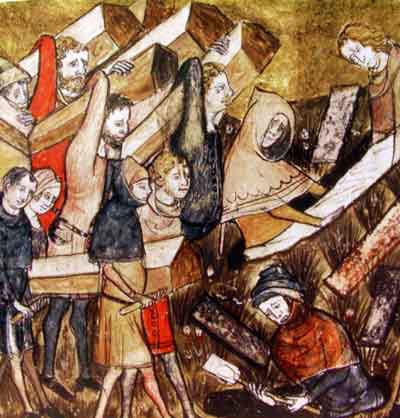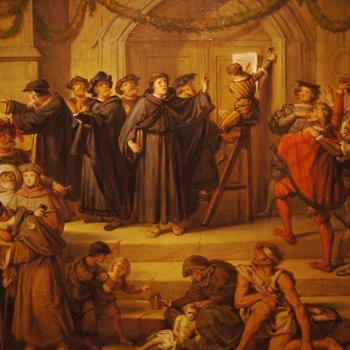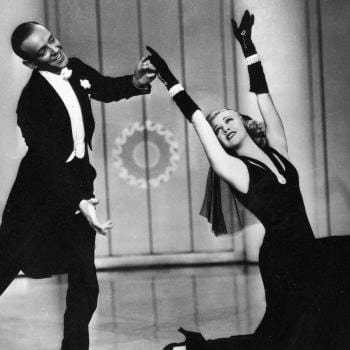- Trending:
- Olympics
- |
- Forgiveness
- |
- Resurrection
- |
- Joy
- |
- Afterlife
- |
- Trump

RELIGION LIBRARY
ISKCON (Hare Krishna)
The Hare Krishna movement — formally known as ISKCON, the International Society of Krishna Consciousness — is a semi-monastic religious movement based on Vaishnava Hinduism. In part modeled on the bhakti (loving devotion) movement of the 16th-century Hindu saint Caitanya, ISKCON was founded in 1965 C.E. by A.C. Bhaktivedanta, who moved to the United States from India with the intention of bringing "Krishna consciousness" to the West. Hare Krishna followers worship the Hindu god Vishnu in his earthly manifestation as Krishna. The ultimate goal of Hare Krishna devotion is to achieve "Krishna consciousness," attained by strict ethical living and spiritual devotion, especially repetitive chanting of the Hare Krishna mantra: "Hare Krishna Hare Krishna/Krishna Krishna Hare Hare/Hare Rama Hare Rama/Rama Rama Hare Har." ISKCON members typically observe a vegetarian diet (including no fish or eggs), do not gamble, ingest alcohol or drugs (including caffeine), and restrain from sex except within marriage for the purposes of procreation. The Hare Krishna tradition has two groups of devotees: "congregational members" and "temple-based" or full members. Congregational members practice the movement's teachings in normal life at home and work, and then worship at congregational temples. The full members live in Hare Krishna temples and lead ascetic lifestyles of devotion. The movement puts particular emphasis on the Bhagavad Gita and other Krishna-centered sacred texts.
Quick Facts
| Formed | 1966 |
| Adherents | 250,000 |
| Deity | Krishna |
| Sacred Text | Bhagavad Gita, Vedas, Caitanya-Carita |
| Origin | United States |
| Headquarters | San Francisco (original in USA) / multiple centers |










